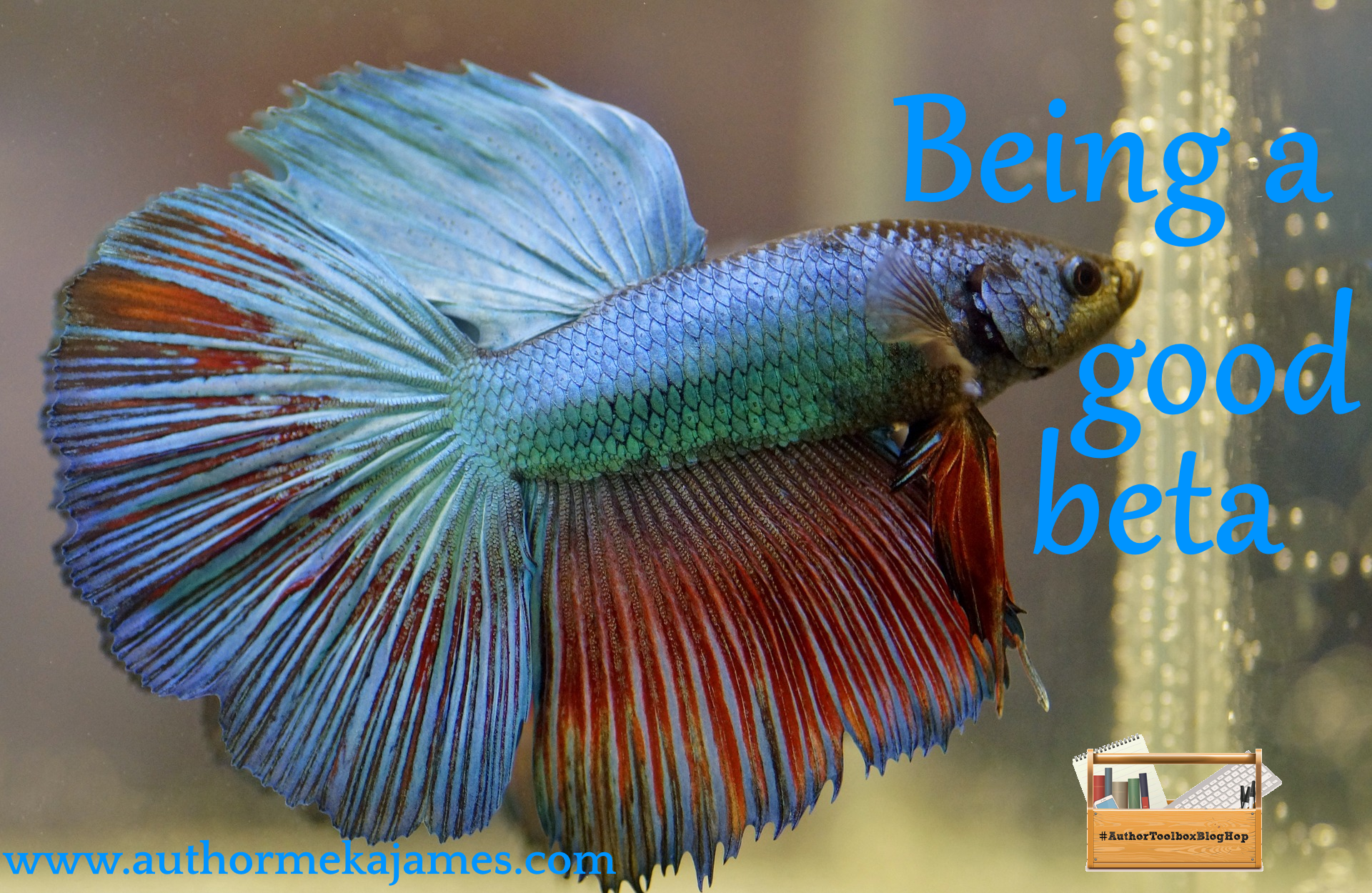 |
| Image courtesy of Pixaby |
Most of us on this hop probably already know what a beta reader is, but in case you don’t, according to Wikipedia:
A beta reader is usually an unpaid test reader of an unreleased work of literature or other writing (similar to beta testing in software), who gives feedback from the point of view of an average reader to the author.
Discuss expectations
Also in those expectations, what is the timeline. That is important for both parties. If the author is on a deadline and you are backed up with other things, don’t take it on. It only leads to frustration all around.
Ask about trigger/content warnings if you have them. The author may tell you up front if they know they have subjects that could be sensitive for some readers, but they may not. It’s okay to ask because that protects you as the beta from being surprised by content you didn’t expect and it can save you both some time if you aren’t able to read because of said content.
Work within your strengths
If you know you’re not someone that reads/knows a lot of history, but you end up reading a historical, you probably aren’t the best person to point or correct their facts.
Remember it’s not your story
Don’t be ‘red pen’ happy
Some people use the ‘sandwich’ method, which is nice-issue-nice. I don’t read like that because I’m scattered, but I set that expectation (see what I did there) up front when I take on a project. I let the author know what sort of reader I am and how they can expect to get my feedback. If I’m working with a new author, I only take on one chapter so I can see if I’ll be able to get into the story, and so they can get a feel of how I roll.
Wanting to help is a given, but not everyone meshes and that’s okay. It goes back to knowing your strengths. Neither party is a failure if a beta relationship doesn’t work out. Believe me I kissed a lot of frogs before I found my beta princesses.
***On the flip side, if someone is betaing for you, and you get back feedback that is hard, remember two little words: thank you. I’ve also been there, because let’s face it, no matter how much we think our stories are perfect, they aren’t and that’s why we seek out betas to begin with. In *most* cases the person is not being harsh just to be a pain, at least they shouldn’t be. Any and all feedback should be given with the intent to help the author see things they may not have thought about. But at the end of the day, this person took time away from what they were doing to read for you. Appreciate them!
Final tip read what they send you!
When you take on a beta, you are making an agreement to give them honest and true feedback. They are counting on you to do that. If you can’t, then you shouldn’t take on the project.
That’s it. I hope these tips help you if you are thinking about becoming a beta, or wanted to figure out ways you can be a more effective one.
Until next time
~Meka
Beta readers are more about the overall impression rather than the details. I've always used two test readers who enjoy my genre. The story goes to them before my critique partners ever see it.
ReplyDeleteVery true. Does the story work as presented and if not why. I have a small core that does my reading now but they weren't easy to find. I don't branch out more outside of them other than my editor.
Deletethanks for stopping by